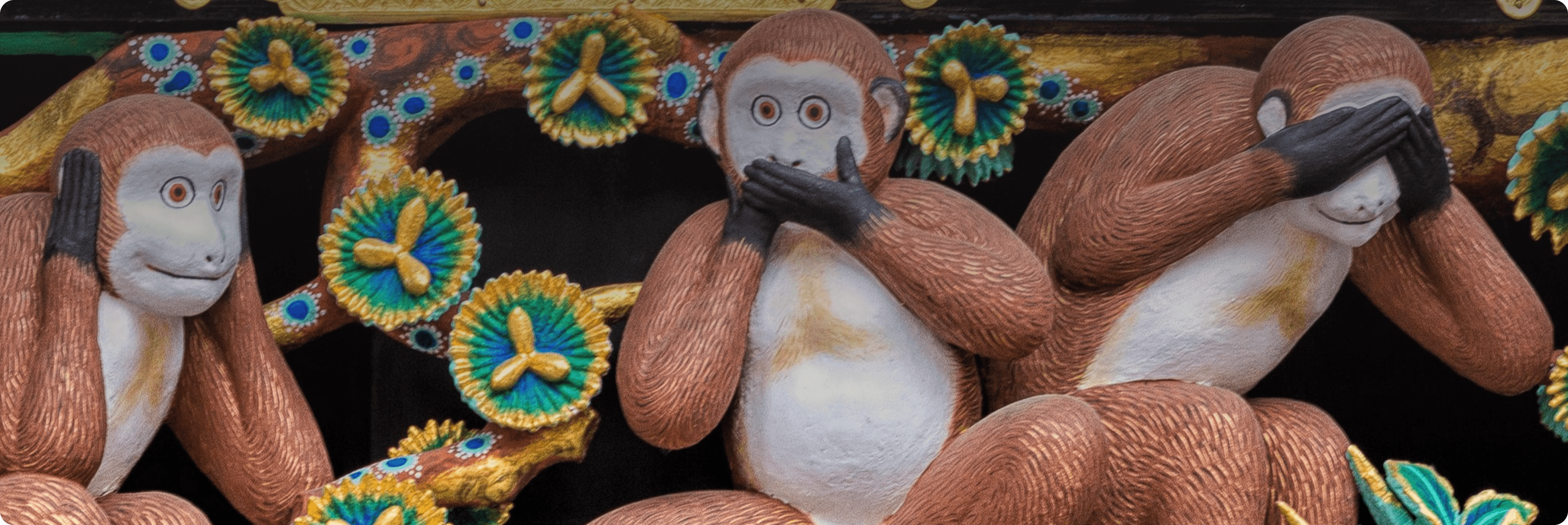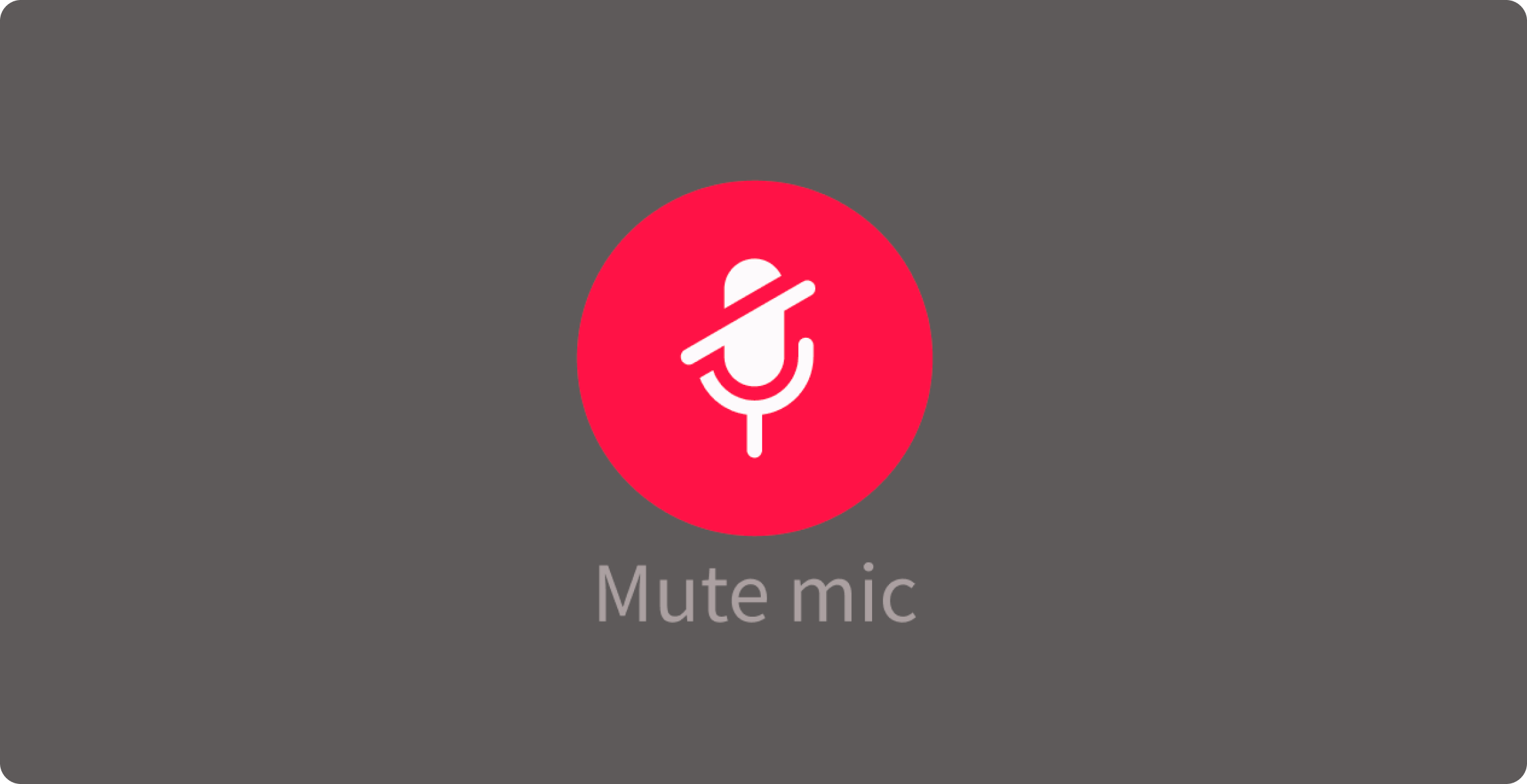Pssst, Please Don't Mute!

Paul Murphy
2021.01.26
3 min read

My first tech job was in a computer center for visually-impaired students.
When I interviewed for the job I had no idea that visually-impaired was a euphemism for blind. I had an excuse. I grew up in a country that hadn’t yet been conquered by the diplomatic language movement, so my English was still relatively literal.
Recently I’ve been forced to think about the many mute buttons in my virtual life and, you guessed it, wondered if it was still OK to call people who can’t speak, mutes. Having now spent quite a number of years in America, I figured I knew the answer, but not the synonym. The correct euphemism, it turns out, is speech-impaired, which is even more misleading than visually-impaired. But then, clarity was never the goal of the movement that got us here.
Luckily, offensive nouns are being changed faster than their associated adjectives or verbs, although I’m told by reliable sources that they will soon catch up. For now, you can still mute yourself and pray that the rest of this article won’t take you down a blind alley.

So what’s up with the mute button? I hate it.
Do you have a mute button? Do you go to parties, move your mouth, look sheepish, and say: “Oh, sorry, I was on mute.”? No, you don’t. Mute buttons are artificial, and anti-social.
In the early days of Toucan’s design I advocated against a “mute” button. Everyone told me I was nuts. At about the same time I bought a puppy who thinks that everyone who walks by our kitchen window is Jack the Ripper. She barks as if my life depended on it. I appreciate it of course, but my interlocutors don’t, unless I mute. I came to appreciate the value of that button when I don’t have complete control over my environments.
Although I lost that mute battle, I didn’t lose the entire speech-impaired war. On Toucan we provide no visual feedback that someone is “on mute”. The obvious advantage, from a social engagement perspective, is that people don’t appear to check out. The other advantage is that no one on Toucan says: “You’re on mute!”. Instead they say: “We can’t hear you!”, which is much more natural.
Speaking of lost battles, I also advocated against a “Stop Video” button. I argued that allowing people to turn off their video was anti-social.
Speaking of lost battles, I also advocated against a “Stop Video” button. I argued that allowing people to turn off their video was anti-social.
I lost that battle too. The day my wife walked out of the shower and asked me to turn off my video so she could walk through the kitchen to get dressed, I realized I’d been wrong about that too.
(If by now you haven’t realized that I’m not a product designer but just your average radical crank, you probably need to reconsider why you got such low reading-comprehension marks when you were in school.)

Moving on from my silly ideas to real life, I have to point out a few extraordinary things about events that take place on Toucan.
First, nobody ever says “You’re on mute!”. It’s a small thing, but I think it’s significant. The idea of “being on mute” isn’t human, and if there’s anything we try to respect in our product design it’s humanity.
Second, nobody turns off their video, except for the odd time their clothes-impaired wife needs to make a dash through the field of vision. For a video conferencing platform, this is extraordinary. It’s a testament to how present (engaging?) interactions are on Toucan. It’s just not possible to check out.
Toucan is a petri dish of online social experimentation. We’re learning a lot.
We’ve learned that it’s OK to allow people to turn off their video, because they don’t, unless they really have to.
We’ve also learned that we don’t have to ask people to not mute, because they don’t, unless they really have to.
I may be a crank, but it seems my cranky ideas aren’t always so crazy. Sometimes you just need the right environment to prove that conventional wisdom may not be.
See Toucan in action without having to register
About author

Paul Murphy
Toucan co-founder.
Rabbi, driving instructor, and acrobat in parallel universes.
Go back to blog
© 2024 Toucan Events Inc. All rights reserved.
